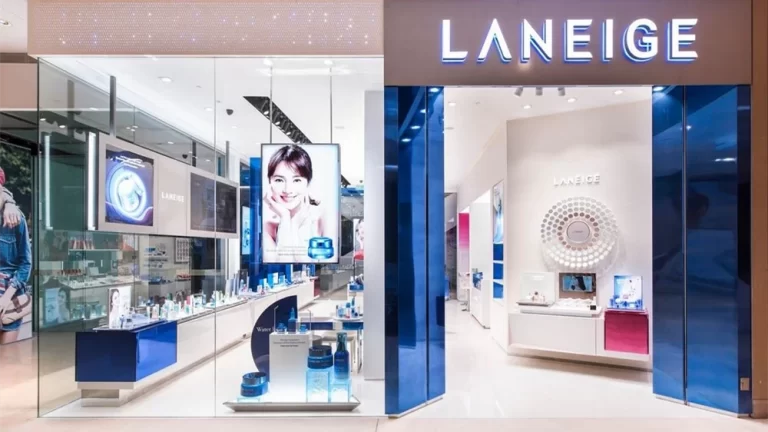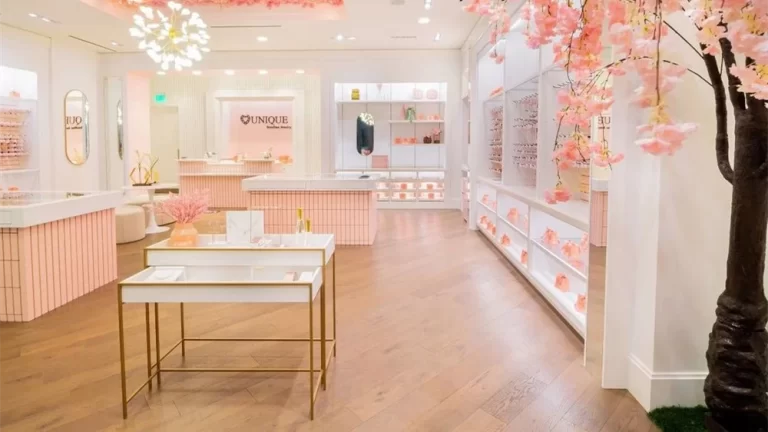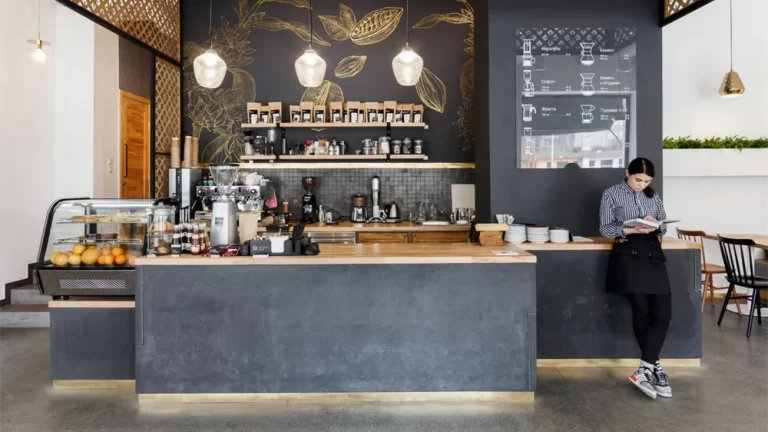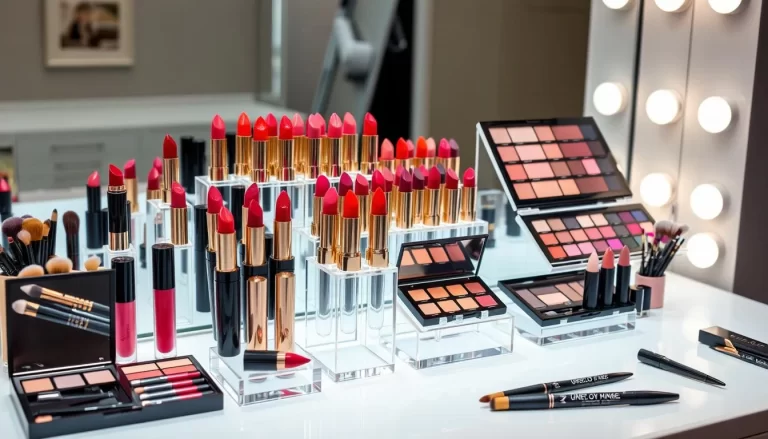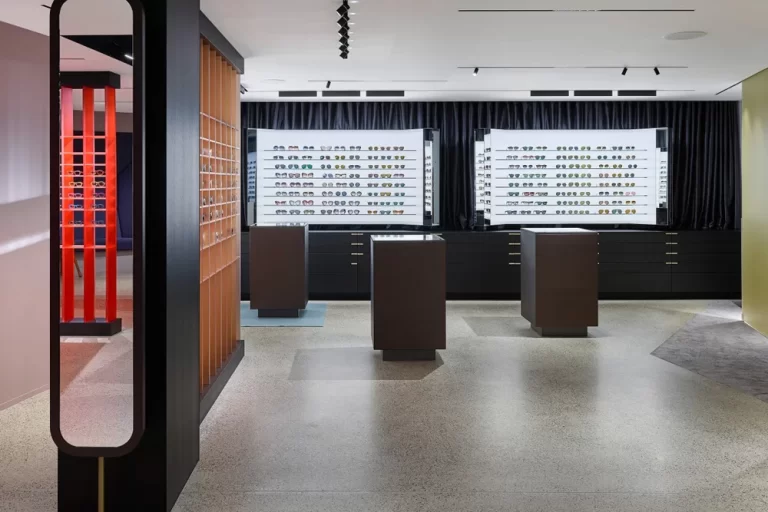How to Create a Fashionable Eyewear Store: A Step-by-Step Guide for the US Market
The eyewear industry in the US is booming, driven by fashion trends, health consciousness, and a growing demand for personalized style. Whether you’re launching a boutique or expanding an existing brand, creating a fashionable eyewear store requires strategic planning, innovative design, and customer-centric execution. Below is a detailed roadmap to help you succeed.
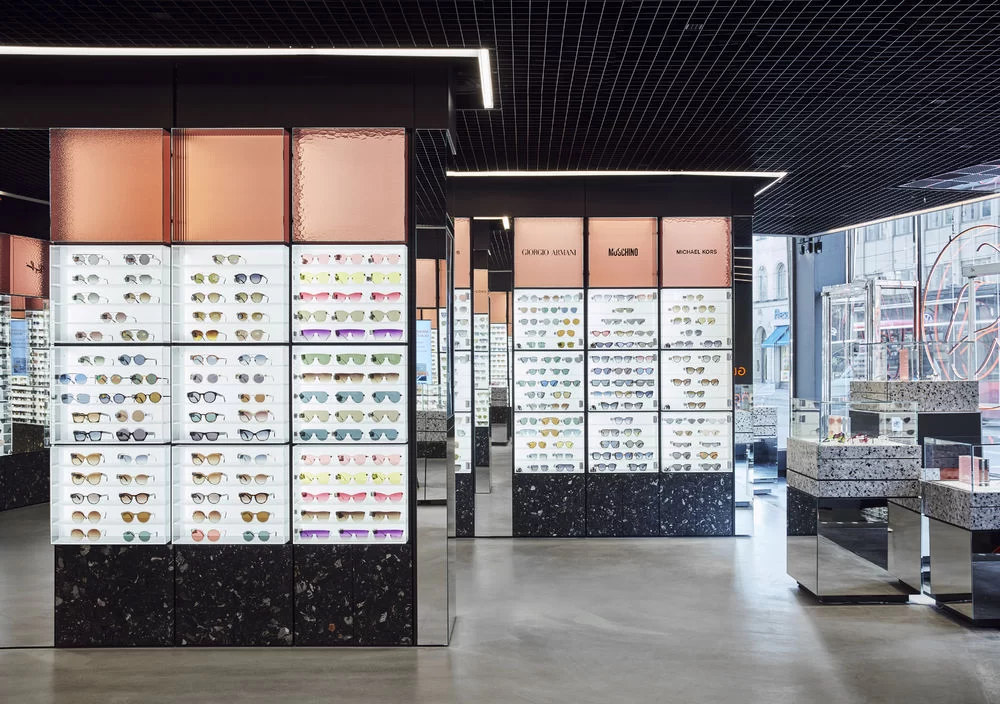
Step 1: Define Your Brand and Target Audience
Key Points:
- Market Research: Analyze US consumer preferences. For example, sustainability and tech-integrated designs are rising trends.
- Niche Selection: Choose a concept that aligns with your audience. Popular options include:
| Concept | Target Audience | Key Features |
|---|---|---|
| Luxury Designer Boutique | Affluent fashion enthusiasts | High-end brands, VIP fittings |
| Eco-Friendly Store | Sustainability advocates | Recycled materials, ethical practices |
| Tech-Savvy Optical Shop | Younger demographics | AR try-ons, digital integration |
Pro Tip: Use tools like Google Trends and competitor analysis to refine your concept.
Step 2: Design an Inviting Store Layout
Eyewear Store Design Essentials
Space Utilization
- Circular Layouts: Create intuitive pathways around central fixtures (e.g., islands for displays or consultations).
- Zoning: Separate areas for product browsing, optometry services, and checkout to streamline the customer journey.
Lighting and Aesthetics
- Natural Light: Maximize windows to enhance product visibility and create a welcoming atmosphere.
- Spotlights: Highlight key collections (e.g., designer frames) with adjustable LED lighting.
- Color Schemes: Pair neutral tones (white, beige) with bold accents like Klein Blue for a modern vibe.
Technology Integration
- Virtual Try-Ons: Install AR mirrors or apps to let customers preview styles digitally.
- Digital Menus: Use tablets for product catalogs and self-service options.
Step 3: Curate a Trendy Product Range
Sourcing and Selection
- Sustainable Materials: Opt for biodegradable acetate or recycled metals to appeal to eco-conscious buyers.
- Diverse Styles: Balance classic frames (e.g., aviators) with seasonal trends (e.g., oversized geometric shapes).
- Customization: Offer engraving or lens tinting for a personalized touch.
Supplier Checklist:
- Verify certifications (e.g., FDA-approved lenses).
- Negotiate bulk pricing for cost efficiency.
Step 4: Optimize Product Display and Merchandising
Visual Merchandising Tips
- Category Zones: Group products by type (e.g., sunglasses, prescription glasses) and subcategories (e.g., vintage, sports).
- Eye-Level Placement: Position bestsellers at 48–60 inches height for maximum visibility.
- Interactive Displays: Rotate seasonal collections on central islands or themed racks.
Lighting Techniques
- Warm Lighting: Use 3000K–3500K temperature to make frames look inviting.
- Backlit Displays: Highlight premium collections with LED backlighting.
Step 5: Build a Seamless Online Presence
Website and SEO Optimization
- Keyword Strategy: Target terms like “trendy eyewear store near me” or “sustainable glasses USA” in meta titles and descriptions.
- Image Optimization: Add alt text like “Klein Blue sunglasses for summer 2025” to improve search rankings.
- Blog Content: Publish articles on topics like “How to Choose Frames for Your Face Shape” to drive organic traffic.
E-Commerce Platforms
- Shopify or WooCommerce: Use built-in SEO tools and mobile-friendly templates.
- Social Proof: Showcase customer reviews and influencer partnerships.
Step 6: Implement Marketing Strategies
Local and Digital Campaigns
- Google My Business: Optimize listings with photos, hours, and keywords.
- Instagram Ads: Target fashion-forward audiences with carousel posts featuring your latest collections.
- Email Newsletters: Share exclusive discounts or styling tips to retain customers.
In-Store Events
- Launch Parties: Collaborate with local influencers for buzzworthy openings.
- Workshops: Host sessions on eyewear care or trend forecasting.
Step 7: Prioritize Customer Experience
Staff Training
- Product Knowledge: Train teams to explain lens coatings, frame materials, and style recommendations.
- Soft Skills: Encourage friendly, consultative interactions to build trust.
Feedback Loops
- Surveys: Ask customers about their shopping experience via email or QR codes.
- Loyalty Programs: Reward repeat buyers with points or free adjustments.
Conclusion
Creating a fashionable eyewear store in the US requires blending aesthetic design, strategic merchandising, and digital savvy. By focusing on niche branding, intuitive layouts, and SEO-driven online visibility, you can attract style-conscious shoppers and build a loyal clientele. Stay adaptable to evolving trends—whether it’s sustainable materials or AR technology—to keep your store ahead of the curve.
FAQs
- How do I choose eyewear suppliers in the US?
Look for vendors with certifications (e.g., ISO) and sample their products for quality checks. Attend trade shows like Vision Expo for networking. - What’s the ideal budget for store design?
Allocate 15–20% of total startup costs to design. Prioritize lighting and displays, which impact customer perception most. - How can I improve my store’s online visibility?
Regularly update your website blog, optimize product descriptions with keywords, and leverage local SEO tactics. - What colors work best for eyewear stores?
Neutral palettes (white, gray) paired with bold accents (navy, gold) create a modern yet inviting space.

